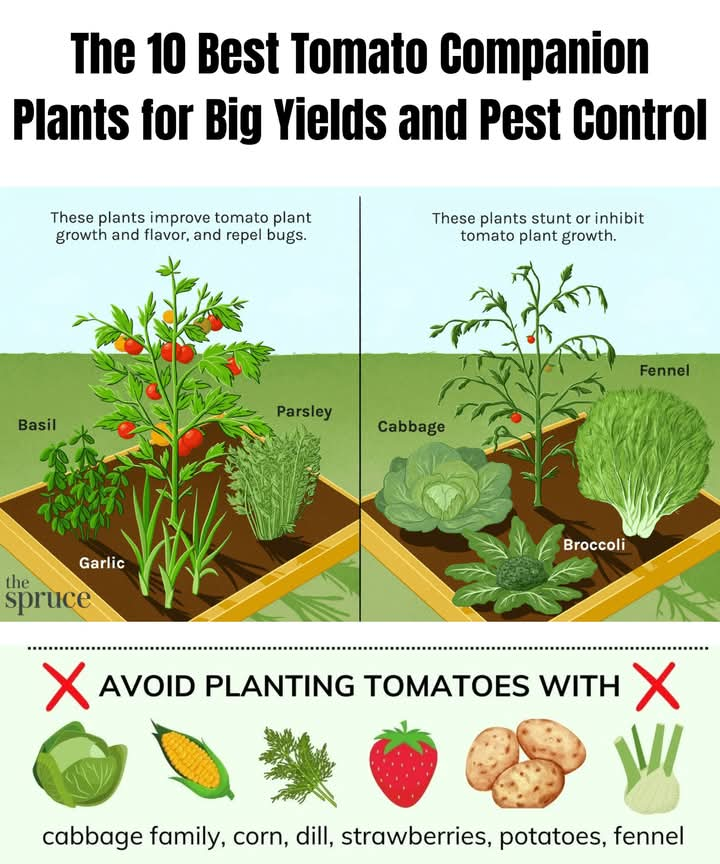Definition of Horticulture and its importance
Definition of Horticulture and its importance;
Horticulture is the branch of agriculture that focuses on the cultivation of garden crops, including fruits, vegetables, nuts, seeds, herbs, sprouts, mushrooms, algae, flowers, seaweeds, and non-food crops such as grass and ornamental plants. It encompasses various disciplines, including botany, plant physiology, and landscape design.
Importance of Horticulture:
1. Food Production: Horticulture contributes significantly to food supply, providing a variety of nutritious fruits and vegetables essential for human health.
2. Economic Value: It supports livelihoods through the cultivation and sale of high-value crops, contributing to local and national economies.
3. Biodiversity: Horticulture promotes plant diversity, which is vital for ecosystem health and resilience.
4. Environmental Benefits: Horticultural practices enhance air quality, improve soil health, and support pollinators through diverse plantings.
5. Aesthetic and Recreational Value: Ornamental horticulture enhances landscapes and urban environments, contributing to mental well-being and recreational opportunities.
6. Sustainable Practices: Horticulture encourages sustainable practices, such as organic farming and integrated pest management, that reduce environmental impact.
In summary, horticulture is essential for food security, economic development, and environmental sustainability, while also enhancing the quality of life through beautification and recreational spaces.




